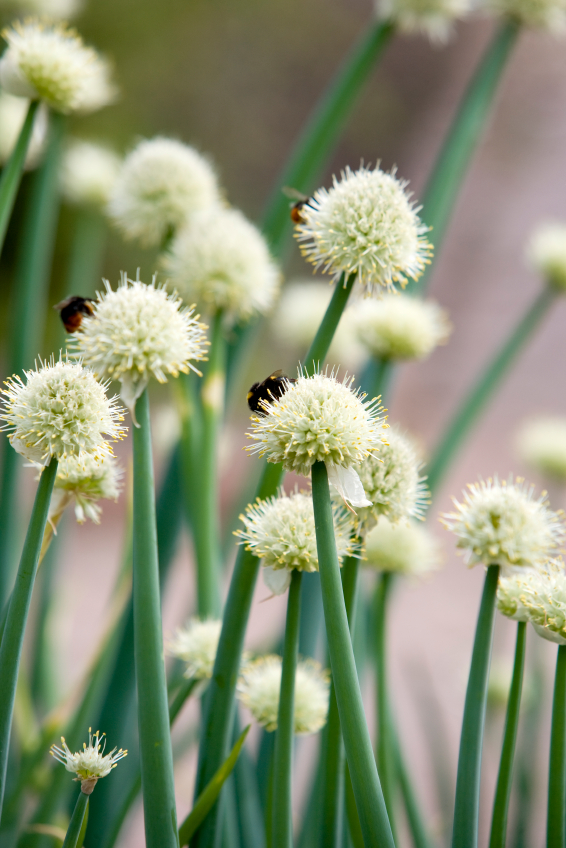Large African Hive Beetle (LAHB) can cause significant damage to honey bee colonies and is widespread in Africa.
Currently the pest is regarded as ‘low risk’, but the Australian first research review – led by Professor Ben Oldroyd from the University of Sydney – recommends that the current biosecurity risk assessment be changed to ‘high’.
While the pest is yet to spread to Australia, the risk assessment has identified the potential danger of importation of eggs, larvae or pupae in dung should be considered ‘medium, and that the likelihood of establishment after importation is high.
Chairman of the Honey Bee and Pollination Program Advisory Panel, Michael Hortnizky said the report also identifies the likely economic impact of LAHB as high.
“These are sobering research results but it also provides vital information and education to the Australian beekeeping industry on how to identify the pest should it ever be suspected locally,” Dr Hornitzky said.











